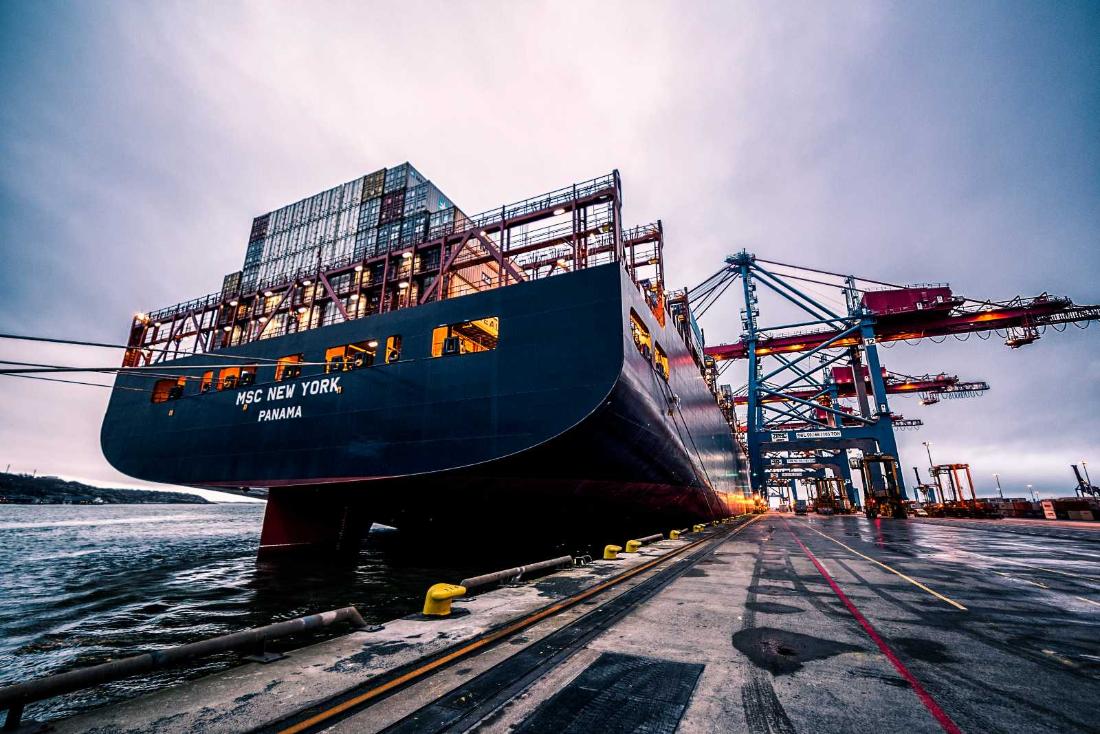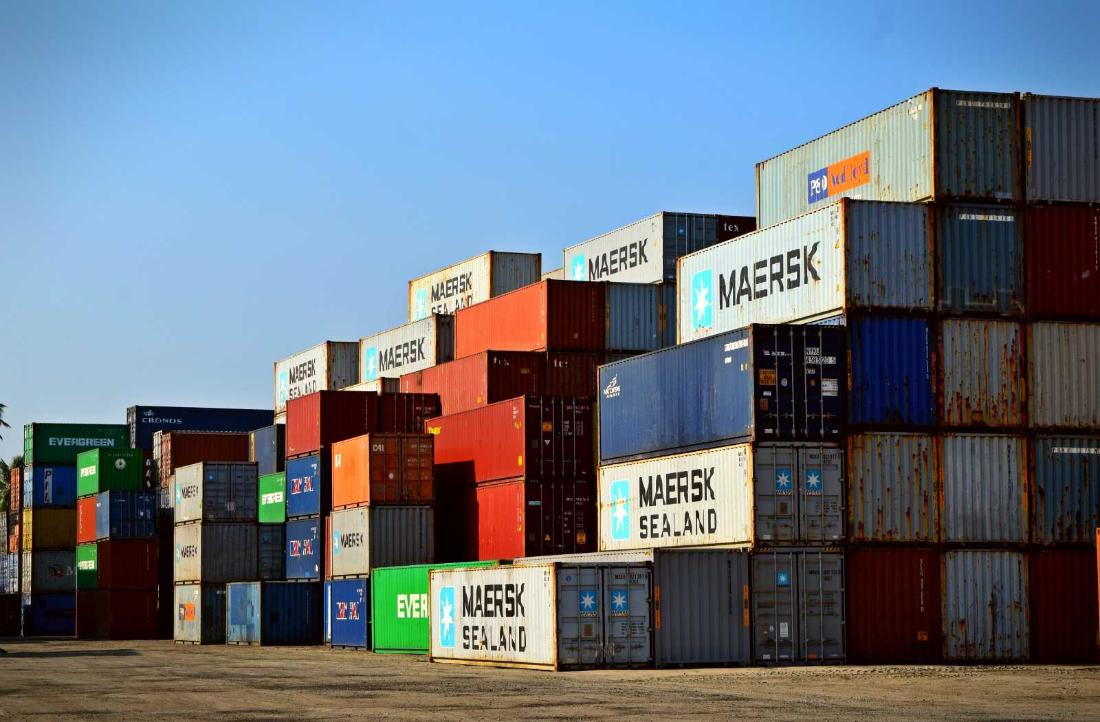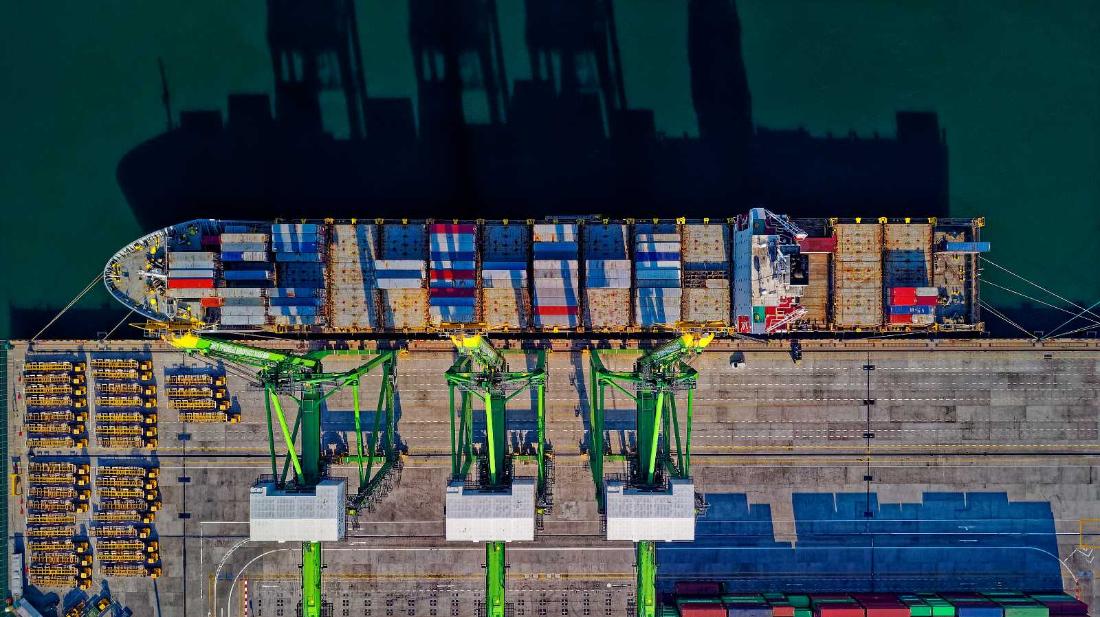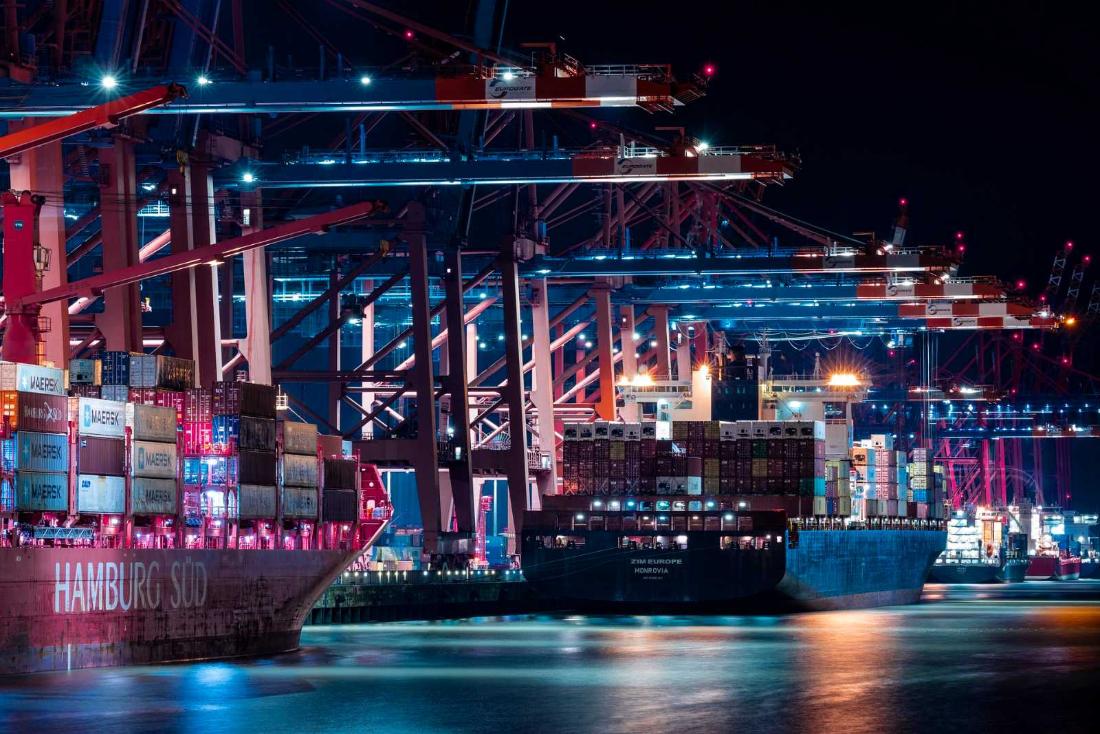Digital Marketing
Revolutionizing Logistics in Construction
Sep 12 2023
On-Time Delivery: Revolutionizing Logistics in Construction
In the dynamic world of construction, on-time delivery of materials is not merely a goal; it's a critical necessity. Whether it's a towering skyscraper or a humble residential project, timely delivery of construction materials is the lifeblood of any successful endeavor. In this article, we'll explore how logistics in construction are undergoing a profound transformation, driven by digital technologies, to ensure that materials arrive precisely when they are needed.
The Pivotal Role of Timely Material Delivery
Construction projects are intricate dances of schedules and deadlines. Delays in material deliveries can disrupt this delicate choreography, leading to costly setbacks, frustrated stakeholders, and, potentially, legal disputes. Timely material delivery is, therefore, an absolute imperative.
The Digital Revolution in Construction Logistics
The construction industry has traditionally grappled with logistics challenges, often relying on manual processes and outdated systems. However, the digital revolution is turning the tide. Here's how it's reshaping construction logistics:
1. Real-Time Visibility: Digital logistics platforms offer real-time visibility into the movement of materials. Construction companies can track the status of deliveries, monitor transportation routes, and anticipate any potential delays. This real-time insight enables proactive decision-making to keep projects on schedule.
2. GPS Tracking: GPS technology is now standard in the logistics industry. It provides precise location tracking of delivery vehicles, allowing construction companies to monitor their progress and estimated time of arrival.
3. Supplier Collaboration: Digital platforms facilitate seamless collaboration with suppliers and transportation providers. Communication is centralized, and information flows efficiently, reducing the risk of miscommunication and errors.
4. Route Optimization: Advanced algorithms optimize transportation routes, factoring in variables such as traffic, weather conditions, and delivery schedules. This ensures the most efficient and timely deliveries.
5. Inventory Management: Digital systems also help construction companies manage on-site inventory efficiently. They can monitor stock levels, anticipate material needs, and replenish supplies just in time to avoid shortages.
6. Data Analytics: Data analytics tools analyze historical data and market trends. By identifying patterns, construction companies can predict material requirements accurately, reducing the risk of overstocking or understocking.
Real-World Impact
The impact of digital logistics in construction is tangible:
Reduced Delays: Real-time visibility and route optimization have led to a significant reduction in delivery delays, keeping construction projects on track.
Cost Savings: Efficiency gains in logistics translate into cost savings, benefiting both construction companies and their clients.
Improved Client Satisfaction: Timely material deliveries enhance client satisfaction and trust in the construction process.
Environmental Benefits: Route optimization and efficient inventory management reduce carbon emissions, contributing to sustainability goals.
Challenges and Considerations
While digital logistics offer numerous advantages, they also present challenges:
Data Security: Handling sensitive logistics data requires robust cybersecurity measures to protect against data breaches.
Skills Development: The workforce may need training to make the most of digital logistics tools and technologies.
Integration: Integrating digital logistics systems with existing construction management software can be complex and requires careful planning.
Regulatory Compliance: Staying compliant with evolving regulations, especially in terms of environmental and safety standards, remains a concern.
In conclusion, the digital revolution is revolutionizing logistics in construction, ensuring that materials arrive on time and projects proceed without costly delays. By leveraging digital tools and technologies, construction professionals are optimizing material deliveries, enhancing efficiency, and boosting client satisfaction. In this era of digital transformation, construction logistics are becoming not just a supporting act but a key player in the successful realization of construction projects, delivering materials precisely when and where they are needed.
Photo credit: media from BeFunky



